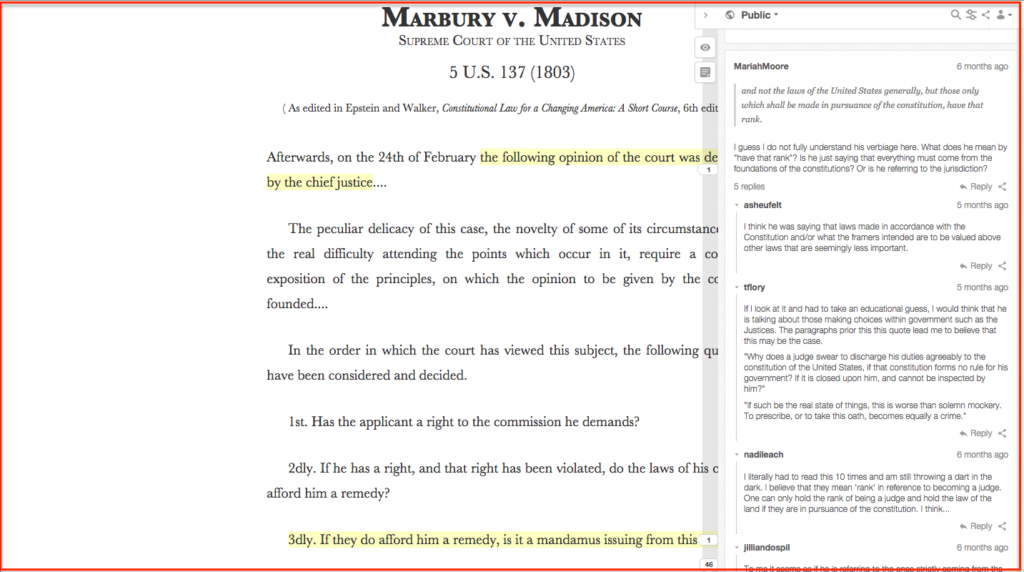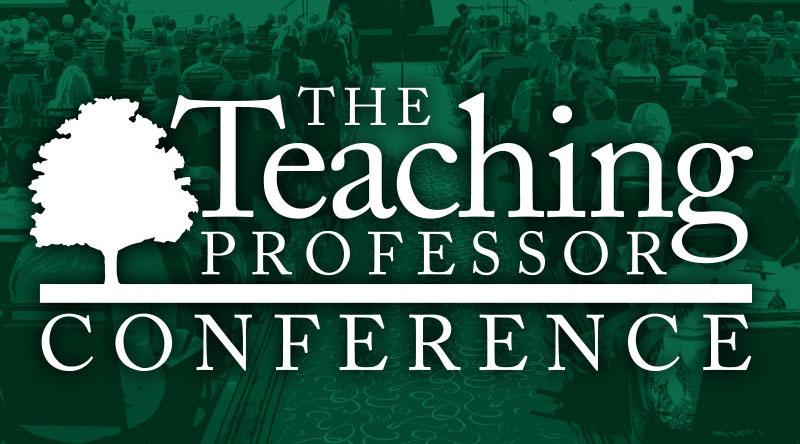by Nathan Loewen Since fall 2022, Lisa Dorr and I have hosted lunch-time faculty discussions focused on the topic of promoting “student belonging.” What’s that? I admit the term itself is vague. What might “student belonging” mean in useful practical or analytic terms? I think the category points to something that is indeed vague at the University of Alabama (not to mention on other college campuses). Our discussions are about whether and how students in our classrooms come to self-identify […]
Read More from Student Belonging in the Classroom (a workshop update)







